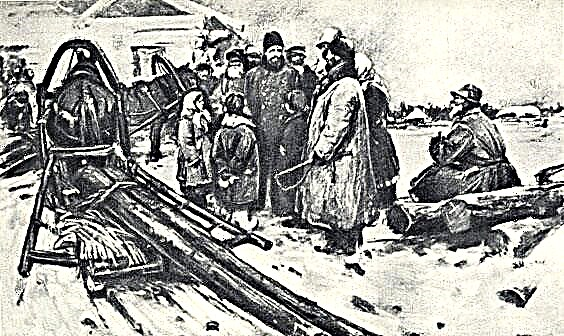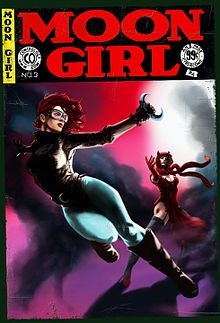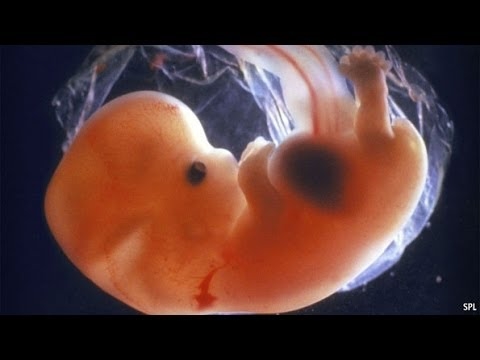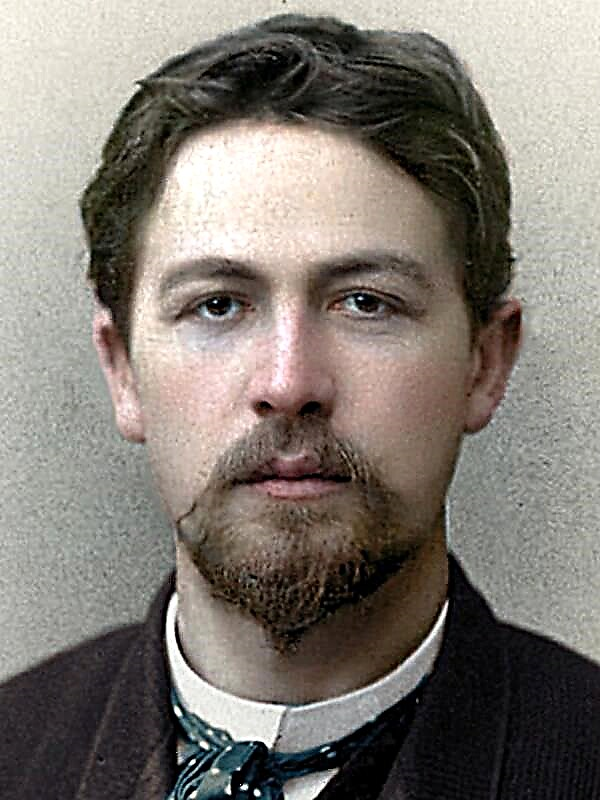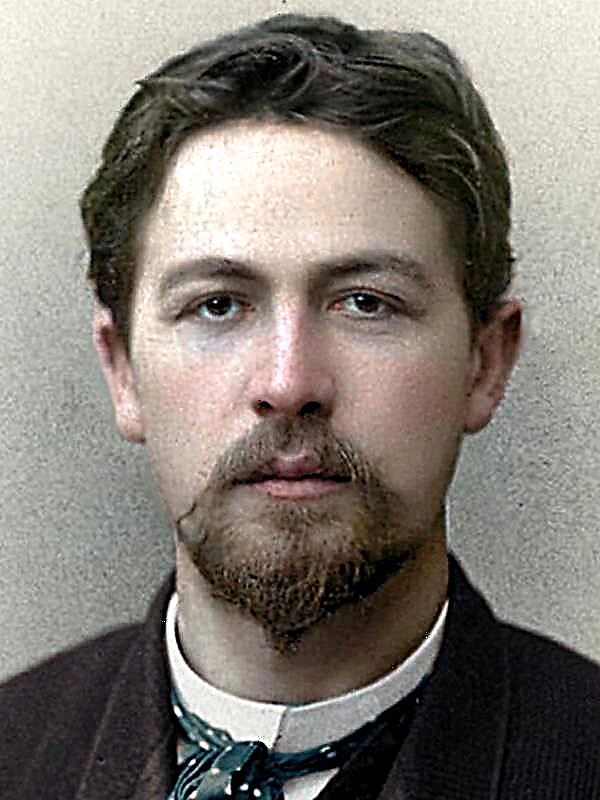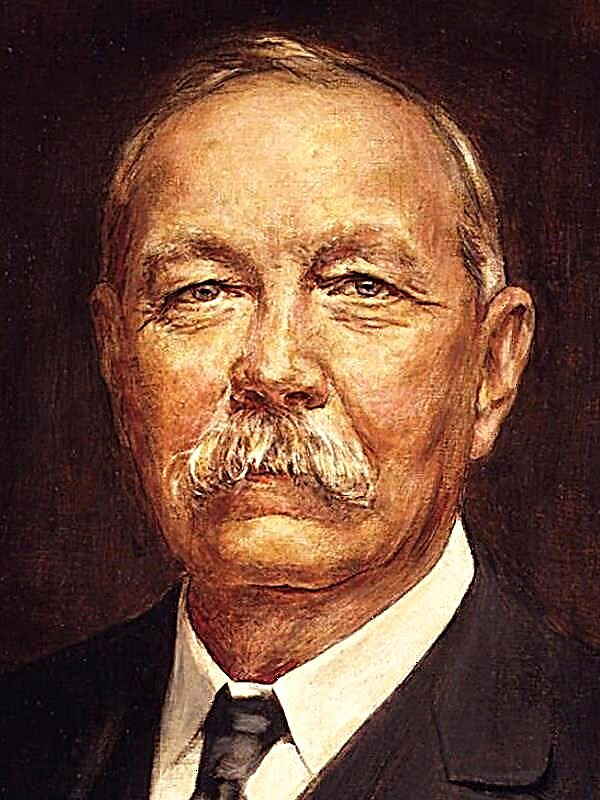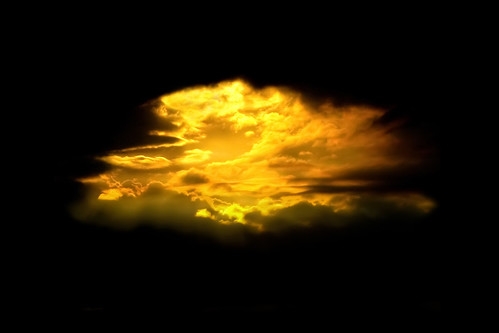Today, as never before, the problem of ecology is exacerbating in the world. This trend is reflected even in the exam in the Russian language, where every year there are more and more options with texts focused on environmental issues. We highlighted the most relevant aspects of this thematic block and selected literary arguments for each of them. All of them are available for download in table format, link at the end of the article.
Capture and destroy ecosystems
- Ecosystem Capture Considered Erin Hunter in Dawn from the series “Warrior Cats”. Four tribes of cats living in the forest were forced to temporarily unite in order to relocate to another place. Their former possessions were destroyed by bipeds. People built thundering paths (roads for cars), sawed and uprooted the forest, destroyed the sacred four oaks, under which the tribes came to the councils. Having left a dangerous place, cats wandered for a long time in search of a new haven. Capturing animal territory can also destroy the environment, because forests are needed for air production. In addition, the disappearance or decrease in the population of whole species threatens to break the food chain, which can lead hundreds of species of living creatures to the threshold of death.
- Boris Vasiliev in the work “Do not shoot white swans” describes the problem of ecosystem destruction. First, the forests around the village were cut down, then the tourists burned the anthill, arguing that the man on Earth is the master. Egor Polushkin tried to return the former name to Black Lake - Lebyazhye. A man settled two pairs of these birds in that place. However, the swans did not show off for long on the lake - poachers killed them. Egor got into a fight with these people, but did not overcome and ended up in the hospital, after which he died from injuries. The lake remained Black. According to the author, society has a bad attitude to animals, ecology, and to those who protect them. This attitude leads to the impoverishment of the planet and the deterioration of the living conditions of mankind.
Consequences of nuclear war
- The problem of the consequences of nuclear war highlights Dmitry Glukhovsky in the work "Metro 2033". The action takes place on the territory of the Moscow metro. A small part of the population hid in it from radiation, a large part - died on the surface along with animals. Some species mutated and turned into monsters. People survived underground and hoped that someday radiation would decrease and their descendants could return. Only stalkers in special suits dared to surface. Earth no longer belonged to humans. Humanity has dealt a powerful blow to its natural habitat, destroying their home.
- Ray Bradbury in the story “It Will Be Sweet Rain” describes the life of our planet after a nuclear war. People died, only some species of animals and plants remained, because they are more adapted to environmental conditions. The dog was looking for owners, but could not find and died. The Smart Home continued to wake up, cook, read poetry, and communicate important information, but there was no one to use it. Later the fire destroyed the dwelling, only one wall remained working. There are even fewer reminders of people. The author writes that nature is fine without us, it has got rid of itself and continues to live. The sun also rises and sets, the seasons change, the birds sing, but there are no more people.
Caring for the environment
- Antoine de Saint-Exupery in the tale "The Little Prince" describes a boy full of worldly wisdom. He believed that in the morning you need to get up, wash and put your planet in order. The little prince took care of the Rose and the Fox, which he tamed. This child taught the pilot a lot. Children are pure and see more than adults who are only occupied with calculations. The author believes that caring for animals and the environment is extremely important. Seeing how the Second World War destroys entire ecosystems, he was very worried about the future of the world, and not in vain. During this confrontation, nuclear attacks on Japanese cities were delivered, and even now they cannot recover completely.
- A.N. Nekrasov in the poem "Grandfather Mazay and Hares" describes a man who, by kindness of his soul, saved about a dozen rabbits, sheltered on a log in the middle of the water. Grandfather Mazay is a hunter, but did not use easy prey. He transported the animals to the shore and treated those, because they were weak. A man loves nature and takes care of it, so everything is honest with him: hunting should be equal. In parting, Mazay told the hares not to come across him in the winter, when they have good fur coats.
Neglect of nature
- The issue of environmental neglect is addressed in the novel by I. S. Turgenev “Fathers and Sons”. According to the protagonist, Yevgeny Bazarov, nature should benefit a person. She is a tool to help achieve goals. It is only necessary to take what she has, without giving anything in return. Perhaps it was for this reason that Bazarov died - fell a victim of nature, which did not want to obey him.
- Eduard Asadov in "Poems about the Red Mutton" raises the problem of neglect of animals. The plot is that the owner abandoned his dog at the station, and he left. The old man at the entrance sympathized that the dog was not purebred. So it would be easier to find a new home. The dog ran after the train, washing its paws in the blood, and then the forces left it, and she died. According to the author, the old man did not know nature: a dog can have the body of mutts, but a thoroughbred soul. Alas, people often do not appreciate this, and then they wonder why they remain completely alone.
Nature experiments
- In the story M.A. Bulgakova "Fatal eggs" the problem of experiments on nature and the responsibility of scientists for the result of these experiments are considered. The main character, Vladimir Persikov, discovered the "ray of life", under which all living things began to multiply incredibly quickly, and the offspring were extremely large. So by mistake, the state farm, instead of hens, brought out huge snakes, ostriches and crocodiles, which began to attack people. From this example it is clear that it is impossible to set rash and irresponsible experiments on living beings. It may end badly. Science should not creep in front of the authorities, which impose decisions that are illiterate, absurd and dangerous from the point of view of a specialist.
- In the novel “The Heart of a Dog” M.A. Bulgakov raises the problem of experiments on nature. Professor Preobrazhensky turned the yard dog Sharik into a man, but the result horrified him. This individual was completely uncultured and did not succumb to education. Sharikov was rude, cursed, molested women, shamelessly lied and insisted on the correctness of his judgments about what he really did not know. Realizing that it is better not to interfere in nature, the scientist made the reverse transformation.

